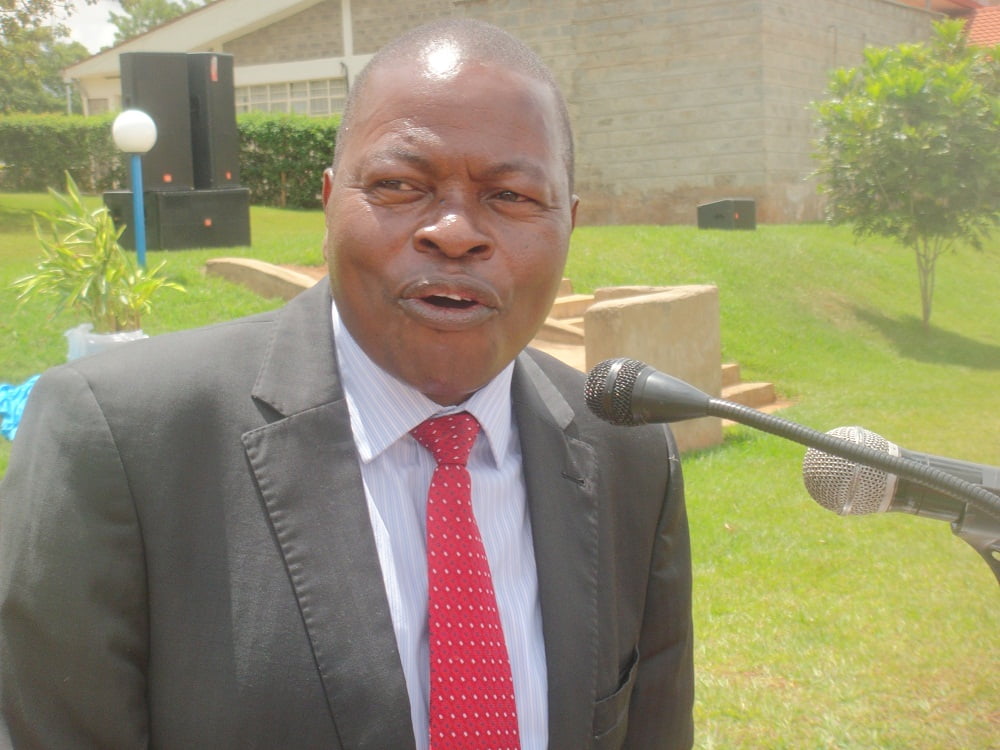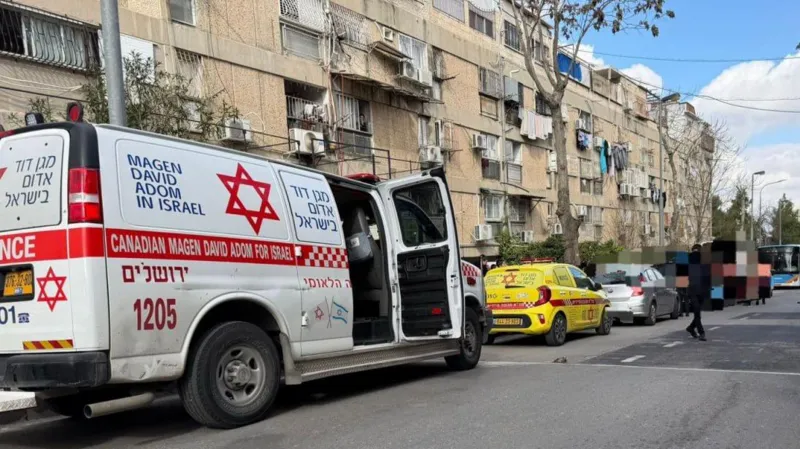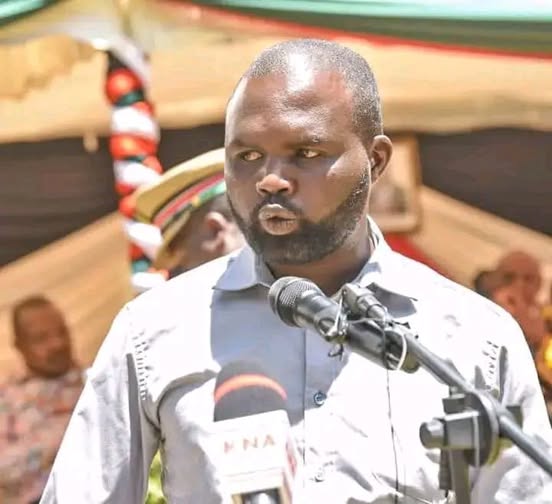The Kenya Union of Post Primary Education Teachers (KUPPET) has issued a bold call for a complete overhaul of the country’s education financing model, urging the government to abolish bursaries and scholarships in favour of a fully free public education system.
Speaking yesterday during a press briefing, KUPPET Secretary General Akello Misori warned that the chronic underfunding of schools could soon trigger a nationwide classroom shutdown. He urged President William Ruto to take decisive action to correct what he termed as long-standing policy mistakes.
“As a union, we are asking the president to confront the mistakes made in education policymaking and take immediate action on key issues affecting the sector,” Misori said.
Misori noted that schools are grappling with unpaid bills and rising debts due to delayed disbursements and urged the government to release the full capitation for the 2025 academic year. Misori called on the Treasury to release the funds before the third term begins later this month.
The union is also pushing for promotion of over 130,000 teachers who submitted requests in the previous financial year. Misori said the stagnation has demoralized educators, undermining gains that have been made under the current Collective Bargaining agreement (CBA).
KUPPET also demanded the immediate recruitment of 20,000 teachers as promised by President Ruto during this year’s Labour Day celebrations. He stated that the country has a severe teachers shortage, especially in junior Secondary Schools (JSS), where the deficit now exceeds 106,000.
“There are nearly 300,000 trained but unemployed teachers. The government must release a budget for immediate hiring to address this crisis,” he said.
The Union official also criticized the decision to house JSS within primary schools in what he termed as structural failure. He argued that equipping almost 23,000 primary schools is far more expensive than utilizing the 12,000 idle classrooms and laboratories in secondary schools.
“The issue isn’t just about resource allocation, it’s about flawed planning. We need to rethink the entire structure,” Misori stated.
While advocating for free public education, Misori acknowledged the financial burden involved. “Education is expensive. If taxpayers can’t shoulder the full cost , then parents should be prepared to contribute,” he said.
Misori proposed a national forum bringing together other political leaders and education stakeholders to develop a sustainable financing framework. He argued that scrapping bursaries and scholarships would pave way for a more structured and equitable funding model.
By Masaki Enock
You can also follow our social media pages on Twitter: Education News KE and Facebook: Education News Newspaper for timely updates.
>>> Click here to stay up-to-date with trending regional stories
>>> Click here to read more informed opinions on the country’s education landscape






